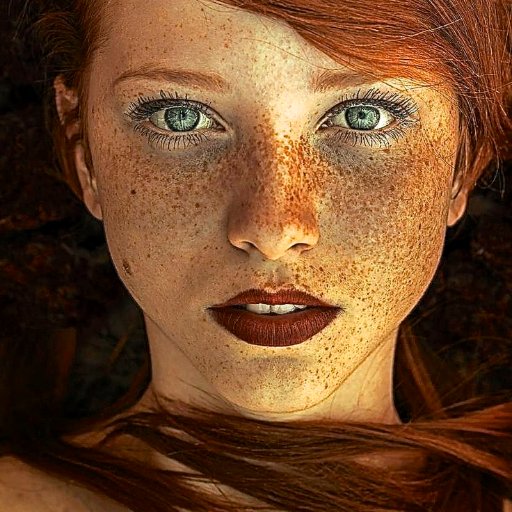I just finished Neil Gaiman’s “The Ocean at the End of the
Lane” for the second time. And I am left
wishing that I could un-remember it as the protagonist does in the story. This is just about as high-praise as I can
give. I want to forget the whole thing
so that I can live through it anew once more.
I want to walk down the lane and through the fields of memory and hold
Lettie Hempstock’s hand again. I want to
encounter the loathsome and sensuous Ursula Monkton again and see her meet her
match. I want to see goodness and light. I want that all again for the first
time.
Both times I visited this world, it was through the
audio-book version. Gaiman’s measured
and melodic cadence of voice smoothly unshackles ones imagination. If he tells me that there are two moons in
the sky – well, then, haven’t there always been? I’ve listened to a lot of books during my
work commute and I know how a reader can make or break a text. He is completely comfortable in portraying a
range of characters and masterfully handles dialect and accents. So right out of the gate, this is something
special.
The writing is sublime.
Restraint is the watchword. In a
magical story like this it’s so easy to overplay a hand. To dive in too deep or paint with too much color. But Gaiman’s deft hand (and I suspect wise
eyes reading drafts and offering constructive criticism) knows how to move the
pieces so that we’re constantly wanting to know more about the characters. Again, one would usually see that as a
fault. But really – how much do you know
about anyone? Everyone has hidden depths
and characters in a novel are no different.
Gaiman’s characters are anything but two-dimensional. They are three or sometimes four
dimensional. They move in and out of
reality as naturally as setting the table.
But it is the story that shines.
There is a moment near the beginning of the book that sets
the course for the remainder. In it, two
children are unexpectedly faced with an overwhelming and fearful presence. All I have ever known – all I have ever read
or seen tells me that the children need to get away. They need to run. Or hide.
Or use some clever way to disappear or perhaps trick the evil so they
can make it to the next chapter. That
isn’t what happens. Instead eleven-year-old
Lettie lays down the law. Unexpectedly
and frankly incredibly, it becomes slowly apparent that Lettie has complete
control. She has authority and dominion
over this thing. It is a great scene.
And one can’t help but being left with the feeling that
Lettie, her mother and grandmother are in a fashion, the Son, Spirit and
Father. I don’t think Gaiman was aiming
at that analogy. It just happened. The three of them are ancient and new. They milk cows and have an ocean in their
pond. They see the wreck people make of their
lives and nudge them in a new direction.
They throw themselves between the guilty and the justice – because they
are love. And those who benefit from
their sacrifice can barely remember it and don’t truly appreciate its breadth
even when they do remember it.
Grownups really are a lot like children as Lettie’s Gran
tells the boy. They look strong and play
tough. But at the end of the day – or end
of their lives – they yearn to laugh and play.
They desperately want to believe the unbelievable. Serious mindedness gets in the way and we
forget what grass feels like between our toes.
But one clear morning the façade of this world will be peeled away and
we will be ourselves - true and free.

No comments:
Post a Comment